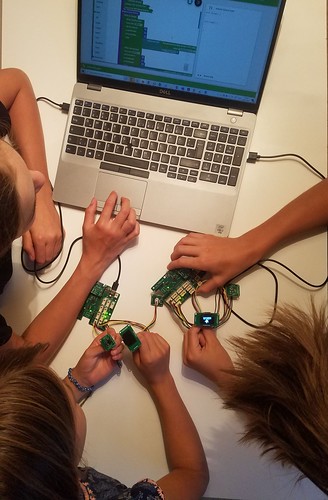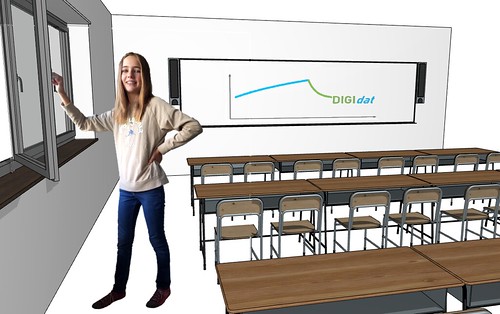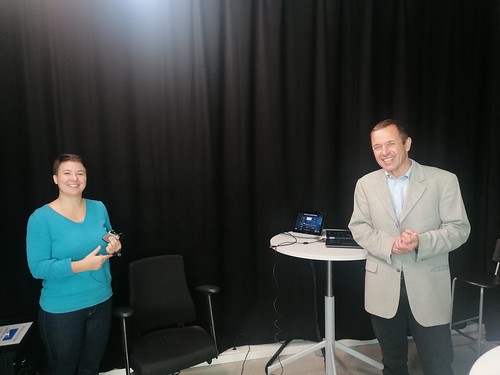DIGIdat
Digital data analysis of indoor air quality meets Education for Sustainable Development (ESD)
Indoor air quality in schools has become a highly discussed topic in the wake of the Corona pandemic. But what is the best way to ventilate a classroom? To what extent does installing a ventilation system improve indoor air quality, and how do comparatively simple interventions (CO2 traffic light signal, awareness raising, etc.) fare? In the new research project DIGIdat, researchers from the University of Innsbruck and the University College of Teacher Education Tyrol are working with students and their teachers to investigate the interplay between indoor air quality, thermal comfort, energy efficiency and awareness raising.
The Citizen Science approach, i.e. the participation of e.g. students in scientific processes, enables the collection of valuable measurement data on a larger scale (breadth and duration) in order to be able to make well-founded statements about the effectiveness of different approaches to improve indoor air quality in schools. In addition, students learn essential aspects of healthy indoor environments, sustainable building practices, measurement techniques, and digital and scientific methods during the course of this project. Education for sustainable development (ESD) is thus actively supported.
Using easy-to-program measurement devices, students take "ownership" of "their" indoor air quality sensors. These measure CO2 and particulate matter concentrations as well as temperature and relative humidity. In addition, relevant metadata, such as information about the school building, location, classroom use, etc., is probed, collected and documented by the students. Accompanying the measurements, subjective well-being will be assessed based on surveys. In workshops with other stakeholders (architects, building services planners, citizens' initiatives, medical professionals), initial results are presented and discussed, and recommendations for action are derived or improvement measures are planned. These range from simple measures such as raising awareness or actively influencing ventilation behavior (e.g. with CO2 traffic lights) to the installation of a mechanical ventilation system. Measurement data will be collected directly in an open Internet-based database and digitally processed and analyzed as part of the project.
The project started in September 2022, runs for three years and intends to actively involve a total of about 750 students at 10 Tyrolean schools in collecting the measurement data.
This project is already completed.
 Schools
Schools
 Partners from Economy and Society
Partners from Economy and Society
 Scientific institutions
Scientific institutions



